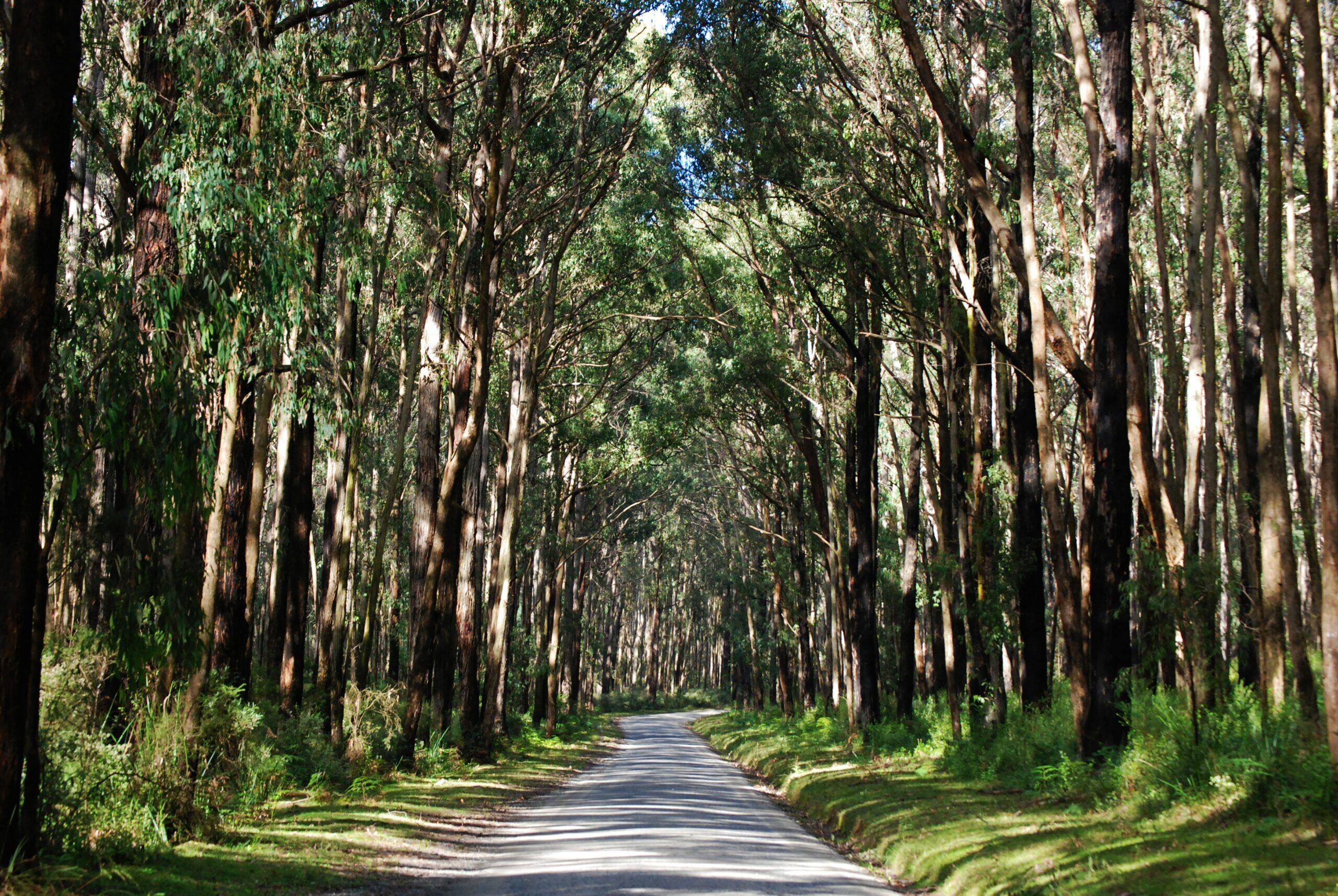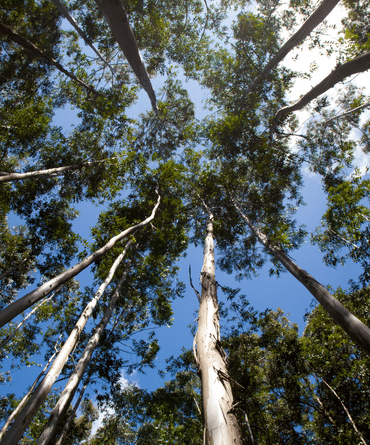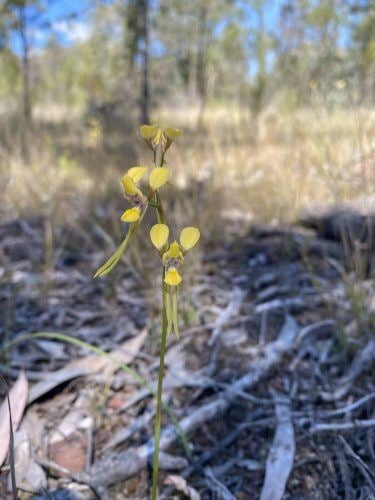4 min read
Employee Spotlight: Protecting Species with Biodiversity Specialist William Steggall
Admin Jan 1, 2023 12:15:00 AM



William Steggall — Biodiversity and Natural Capital
William Steggall is saving the planet one threatened plant species at a time. That’s part of his job within the Biodiversity and Natural Capital team at WolfPeak, and he wouldn’t have it any other way.
As a highly regarded ecologist with more than 15 years of experience, one of William’s favourite tasks is assisting National Parks and local councils to protect biodiversity and threatened plant species during remediation work following the NSW mid-north coast floods.
He also helps rescue human victims of natural disasters as a First Responder in the State Emergency Service (SES) and takes on navigation challenges and training in his spare time.
At WolfPeak, William currently oversees a team of five and splits his time between flora and fauna field surveys, ecological assessments and reports, client liaison, and internal team management.
William is also a sought-after ecology expert in the mid-north coast region of NSW and held senior roles at several other companies before joining Wolfpeak. He studied Environmental Science and Management (Coastal Management) at Southern Cross University and has been a Biodiversity Assessment Method (BAM) Accredited Assessor since 2017.
What is your role at WolfPeak?
I do a mix of project work, environmental impact assessments, and flora and fauna surveys in the field. As practice lead, I also have the initial contact with clients and provide advice on what’s needed for a particular project. There’s a training and mentoring aspect to my role as well, including reviewing my team’s work to make sure we’re sending out only the highest quality reports.
What are you currently working on?
We’re helping National Parks and councils on a lot of landslip projects that have resulted from flood and storm damage on the NSW mid-north coast. When flood water or a landslide damages a road or washes away a bridge, it must be fixed. Some native vegetation might need to be removed as part of the remediation work, so we’ll go in beforehand to survey the area for threatened animal or plant species. If we identify a threatened plant species, for example, they’ll put up fencing around it so during construction everyone is clear where it is and they know not to accidentally damage it. In some cases where the road is damaged, we’ll need to hike in or take ATVs (all-terrain vehicles).
What do you love most about your job?
I spend about a third of my time in the field, so there are a lot of opportunities for me to get out in nature. I’m also in the State Emergency Service (SES), and I do a lot of map reading and navigation training and challenges as a hobby, which helps if we need to hike into an area where we might not have phone reception. Most of our surveys are day trips, but sometimes we might be out for a week at a time. I mainly work in the mid-north coast region but I occasionally travel further afield to the tablelands region, Brigalow Belt and South Coast. I wouldn’t do this job if I didn’t have the opportunity to get out in the field.
What is most challenging about your job?
Being the middle person between a developer and the authorities can be challenging. Developers often want to get a large yield for their developments, and the government authorities are often more conservative and want to protect as much land as possible. So trying to find a balanced outcome that satisfies both sides can be challenging. I also need to stay on top of changing legislation. I’m managing about 25 different projects at the moment, and legislation changes might mean different things for different projects. I’m out talking with clients and giving advice, so I have to make sure I’m telling them the right thing.
What has been your proudest moment at WolfPeak?
I’ve found quite a few threatened plant species as part of my work, and we’ve been able to protect them. A particular example was at Warialda where I found a large and previously unknown population of a threatened orchid called the Pine Donkey Orchid. Soil Conservation Service were carrying out planned fire trail upgrades and establishing bushfire protection zones around the town and I was able to provide recommendations and advice to ensure the Orchids would not be harmed. That is quite a thrilling part of the job. I’m also proud of the ecology team we’ve built at WolfPeak. Training them and helping them to develop has been really rewarding.

How would you describe the internal culture at WolfPeak?
It’s a great atmosphere in the office — we all laugh and joke around. WolfPeak gives us good training opportunities, too. Three of us recently attended a two-day Ecological Consultants Association conference in Wollongong. It was the first time the other two staff had been to this conference, and it was a great experience. We’ve also started up an internal training program. Every Tuesday one of the team picks a particular topic to focus on. For example, we’ve used that time to get our drone operators licences, do some birdwatching, and look for local threatened plant species.
What are your career goals?
I want to keep up with training and mentoring so that I can increase the quality of the project work we’re doing and help upskill the other ecologists. We’re also going to start working more closely with Charles Sturt University on work placement programs at WolfPeak for students.
Personally, I’d like to work on more biodiversity stewardship assessment projects. That involves conducting surveys of private land for landowners (generally bush blocks or properties with high conservation value) and preparing an agreement and management plan on how they can enhance and protect the habitat. In return for their conservation work, landowners are given biodiversity credits that they can sell to developers as a way for them to offset biodiversity loss associated with their projects. As an ecologist, biodiversity stewardship assessment projects are really fulfilling to work on because I know the land is going to be protected.
If you would like to find out more about a rewarding career at WolfPeak, visit our website or email your resume to info@wolfpeak.com.au

